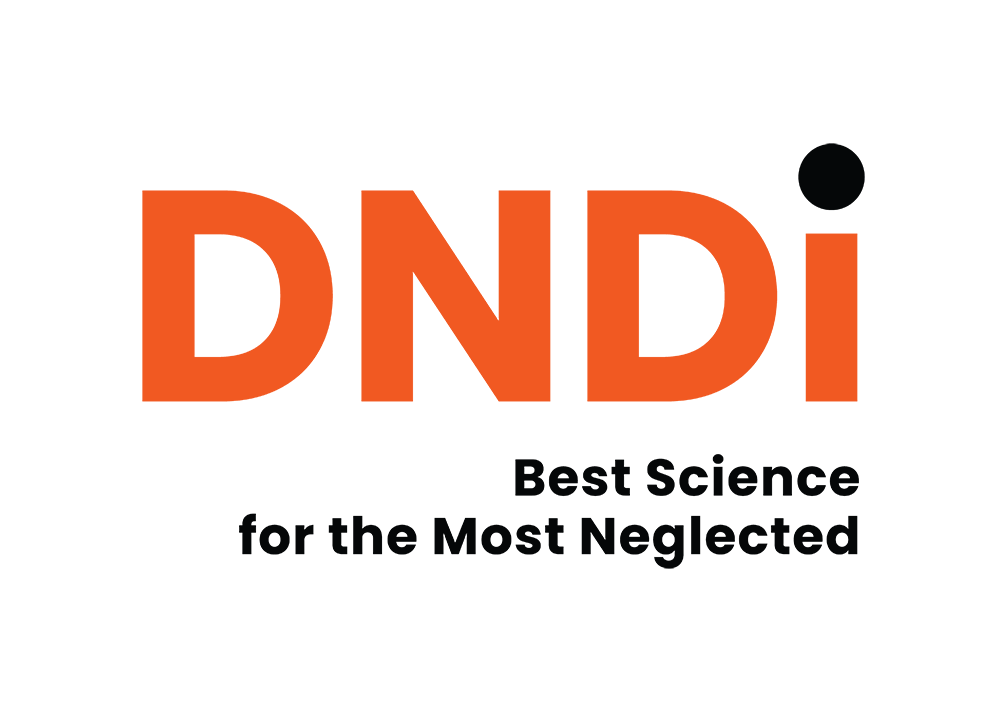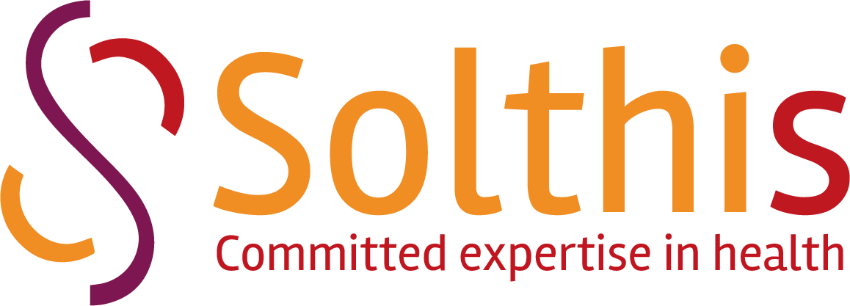The problem
Despite significant progress, the decline in HIV-related deaths has stagnated in recent years, threatening the global target of ending AIDS by 2030. Up to half of all people living with HIV who seek out care come in with advanced HIV disease, a dangerous advanced stage of the infection that severely compromises a person’s immune system. This population is particularly susceptible to opportunistic infections, which can cause serious illness and death. In 2022, 630,000 people worldwide died from AIDS-related illnesses, many of them from advanced HIV disease.
Our response
Together with a complementary Unitaid project, IMPAACT4HIV aims to improve access to advanced HIV care and treatment in six African countries where HIV is common: Côte d’Ivoire, Sierra Leone, Democratic Republic of Congo, Nigeria, Mozambique, and South Africa. The project will focus on making early testing and treatment for HIV-related infections more widely available, not just through traditional clinics. This includes bringing care closer to people’s homes, starting treatment earlier, and helping patients stick to their treatment plans.
To achieve this, IMPAACT4HIV will tackle both supply and demand issues in health care. On the supply side, the project will work to ensure that necessary HIV medicines and supplies are always available. On the demand side, it will strengthen local health care systems by training workers and improving care services, especially for children. The project will also work alongside other health initiatives to make sure patients who need life-saving treatment can get it and stay on it. Finally, the project will use research methods to test and improve how these services are delivered, helping other areas adopt and scale up successful strategies.
Through these two investments and building on prior work, Unitaid’s advanced HIV disease portfolio seeks to reduce mortality from leading opportunistic infections including tuberculosis, cryptococcal meningitis, histoplasmosis, and severe bacterial infections, while optimizing cost efficiencies for health systems to sustain the national HIV response.






